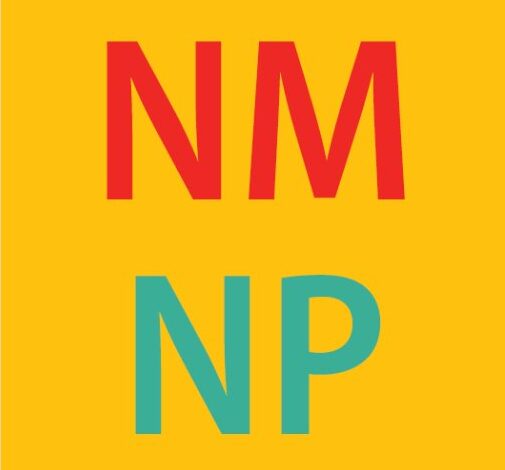To identify the cause and effect of misinformation in the media, a workshop was held this weekend at the University of New Mexico. Guest speakers detailed the ways the media has been projecting this content to the public, especially in Latino communities.
The New Mexico chapter for the National Association of Hispanic Journalists hosted a discussion panel on the issues surrounding false information in the media, and students and faculty were encouraged to attend and learn how harmful media is impacting this election season.

The discussion panel included Dr. Gabriel Sanchez, executive director of the UNM Center for Social Policy, and Dan Boyd, the capitol bureau chief at the Albuquerque Journal.
The panel focused on the spread of misinformation and disinformation particularly surrounding immigration and within Latino communities that, according to the panelists, are the most susceptible to misinformation.
Around 20 students attended the morning discussion and excitement to learn from the industry experts filled the room. Attendees were able to take away advice on combating the false narratives that may come out of the media and encouraged to dig deeper when this content arises.
Rhetoric on political information is common for U.S. citizens to hear and read about, according to Dr. Sanchez. But false narratives often make their way into the mainstream media and target minority communities.
“What we’re dealing with now is much scarier, and that’s not coming from Russia. It’s not coming from somebody sitting in a basement cranking this stuff out. It’s coming from elected officials and candidates,” Sanchez said.
A poll by the Kaiser Family Foundation found that 80% of adults in the U.S. said they have heard false claims about immigrants from an elected official or candidate during the election season. Although many of the claims have been proven to be false, this information continues to be widely broadcasted to the public. The Latino community specifically has been highly vulnerable to be targeted.
For Spanish-language media outlets in the U.S., there has been an increase of misinformation being shared, according to the panelists. Due to a lack of fact-checking, these media outlets are more likely to receive false information and share it with their viewers.
This may have led to a shift in values among Latinos. In 2020, only 10% of those polled believed protecting the border was a top priority. This year, that number increased to 24%.
“Misinformation happens every election cycle,” Boyd said. “With some people, you can present the facts and it’s still not going to change their mind. The best thing that journalists can do is be transparent and hold those spreading it accountable.”
The panel ended with comments from the panelists on what to be careful of when messages are being broadly shared.
“You know some outlets use online polling and that kind of thing,” Boyd said. “You get what you pay for so sometimes these easy polls, you’re going to have to be a little more wary of the accuracy or kind of the methodology that’s used in that.”
Liz Pritchard is a multimedia journalist, content creator, and digital media strategist.
